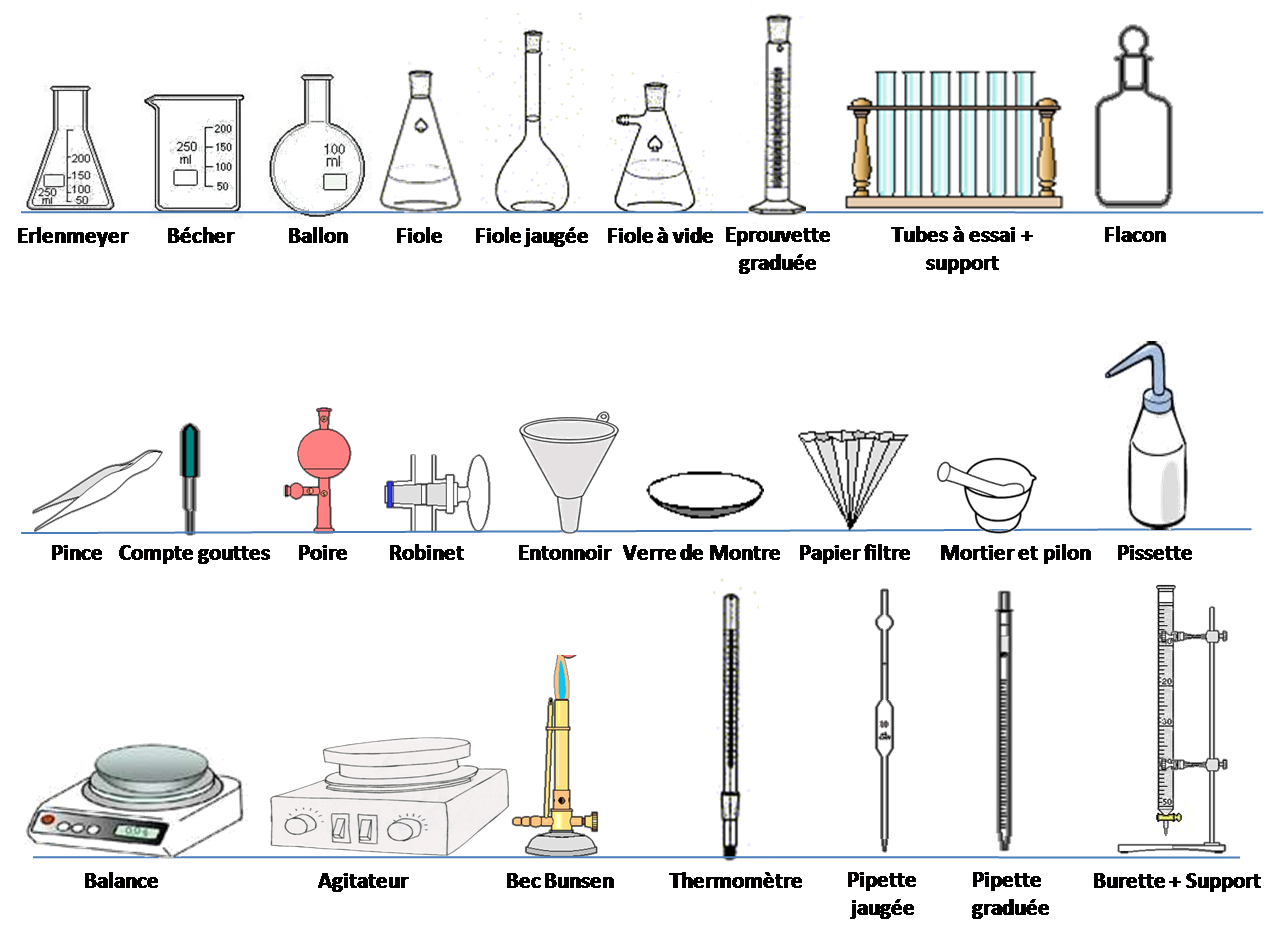I’ve Got Chemistry Knowledge—Here’s What It Really Means
Hey there, fellow science enthusiasts! So, you’ve probably heard someone say "I’ve got chemistry knowledge" or "j'ai des connaissances en chimie" in French. But what does that really mean? Well, buckle up because we’re diving deep into the world of chemistry and breaking it down for you. Whether you’re a student, hobbyist, or just curious about the elements that make up our universe, this article is for you. Chemistry is more than just bubbling potions and lab coats—it’s the foundation of everything around us!
Let’s face it, chemistry has a reputation for being intimidating. But trust me, once you start exploring its wonders, it becomes less scary and way more fascinating. From understanding how atoms interact to decoding the secrets behind everyday products, chemistry is everywhere. And if you’ve got some knowledge in this field, congratulations—you’ve unlocked a superpower that can help explain the mysteries of the world.
Now, before we dive deeper, let’s set the stage. Chemistry isn’t just about memorizing the periodic table or performing experiments in a lab. It’s about understanding the world at a molecular level. So, whether you’re a beginner or already familiar with the basics, this article will give you the insights you need to truly appreciate the beauty of chemistry. Let’s get started!
- Sean Marshall Actor The Rising Star You Need To Know About
- Neil Flynn Wife The Fascinating Story Behind The Scenes
What Exactly Is Chemistry Knowledge?
Chemistry knowledge refers to the understanding of the principles, concepts, and applications of chemistry. It’s not just about knowing the periodic table or balancing chemical equations—it’s about grasping how chemicals interact, transform, and influence our daily lives. Think of it as a key that unlocks the secrets of the universe.
For example, did you know that the soap you use every day is a result of complex chemical reactions? Or that the food you eat undergoes chemical changes in your body? Chemistry knowledge empowers you to understand these processes and more. It’s like having a backstage pass to the inner workings of the world.
Why Is Chemistry Important?
Chemistry plays a crucial role in almost every aspect of life. From medicine to technology, from agriculture to environmental science, chemistry is at the heart of innovation. Here are a few reasons why chemistry knowledge matters:
- Movie Elements The Building Blocks Of Cinematic Magic
- Jimmy Fallon Audition The Journey To Becoming A Latenight Legend
- Medicine: Chemistry helps us develop life-saving drugs and treatments.
- Technology: The devices we use daily, like smartphones and laptops, rely on chemical advancements.
- Environment: Understanding chemical reactions can help us tackle pollution and climate change.
- Food Science: Chemistry ensures the safety and quality of the food we consume.
In short, chemistry knowledge isn’t just cool—it’s essential for solving real-world problems.
Breaking Down Chemistry Concepts
Let’s take a closer look at some fundamental chemistry concepts that everyone should know. These basics will help you build a solid foundation for further exploration.
Atoms and Molecules
Atoms are the building blocks of matter. Everything around you is made up of atoms, which combine to form molecules. Think of atoms as Lego pieces—when you put them together, you can create anything from water to DNA. Understanding atomic structure and molecular bonding is crucial for grasping more advanced chemistry topics.
The Periodic Table
The periodic table is like a cheat sheet for chemists. It organizes all the elements based on their properties and atomic structure. Each element has its own unique characteristics, and the table helps us predict how they’ll behave in different situations. Whether you’re studying metals, gases, or rare earth elements, the periodic table is your best friend.
Chemical Reactions
Chemical reactions are the magic that happens when substances interact and transform. From rust forming on iron to baking soda reacting with vinegar, these reactions are everywhere. By understanding reaction types and conditions, you can harness the power of chemistry to create new materials and solve problems.
Applications of Chemistry Knowledge
Now that we’ve covered the basics, let’s talk about how chemistry knowledge can be applied in real life. Here are some exciting areas where chemistry makes a difference:
Pharmaceuticals
Chemistry is the backbone of the pharmaceutical industry. Scientists use their knowledge to develop drugs that fight diseases, ease pain, and improve quality of life. From antibiotics to cancer treatments, chemistry plays a vital role in advancing healthcare.
Materials Science
From plastics to metals, chemistry helps us create materials with specific properties. Engineers use chemistry to design stronger, lighter, and more sustainable materials for everything from cars to buildings. It’s like having a toolbox for innovation.
Environmental Science
Chemistry is essential for addressing environmental challenges. By studying chemical processes, scientists can develop solutions for pollution, climate change, and resource depletion. It’s all about finding ways to protect our planet while meeting human needs.
Common Misconceptions About Chemistry
There are a few myths about chemistry that need to be debunked. Let’s set the record straight:
- Myth 1: Chemistry is only for scientists. Nope! Anyone can learn and benefit from understanding chemistry.
- Myth 2: Chemistry is too hard. Sure, it can be challenging, but with the right approach, anyone can grasp its concepts.
- Myth 3: Chemistry is dangerous. While some chemicals can be hazardous, proper handling and knowledge make chemistry safe and productive.
Don’t let these misconceptions hold you back from exploring the wonders of chemistry!
How to Develop Chemistry Knowledge
Ready to boost your chemistry skills? Here are some tips to help you get started:
1. Start with the Basics
Before diving into advanced topics, make sure you have a solid understanding of the fundamentals. Learn about atoms, molecules, and the periodic table. These basics will serve as your foundation for more complex concepts.
2. Experiment!
Nothing beats hands-on experience. Try conducting simple experiments at home to see chemistry in action. From making slime to creating homemade volcanoes, there are plenty of fun and safe ways to explore chemistry.
3. Stay Curious
Chemistry is all around you. Ask questions, observe the world, and seek answers. The more curious you are, the more you’ll discover about the fascinating world of chemistry.
Experts in the Field
Throughout history, many brilliant minds have contributed to the field of chemistry. Let’s take a moment to appreciate some of these pioneers:
Marie Curie
Marie Curie was a trailblazer in the world of chemistry. Her groundbreaking research on radioactivity earned her two Nobel Prizes, making her the first person to achieve this feat. Her work continues to inspire scientists today.
Dmitri Mendeleev
Dmitri Mendeleev is credited with creating the periodic table as we know it. His organization of elements based on atomic weight laid the foundation for modern chemistry. Without his contributions, the field would look very different.
Challenges in Chemistry
While chemistry offers countless opportunities, it also presents challenges. Here are a few issues the field faces:
Sustainability
As the world becomes more environmentally conscious, chemists are tasked with finding sustainable solutions. This includes developing eco-friendly materials, reducing waste, and minimizing the impact of chemical processes on the planet.
Ethical Concerns
With great power comes great responsibility. Chemists must consider the ethical implications of their work, ensuring that advancements benefit society without causing harm.
Conclusion
So, there you have it—a deep dive into the world of chemistry knowledge. From understanding basic concepts to exploring real-world applications, chemistry is a fascinating and essential field. Whether you’re a student, hobbyist, or professional, there’s always something new to learn and discover.
Now it’s your turn! Take what you’ve learned and apply it to your own life. Conduct experiments, ask questions, and stay curious. And don’t forget to share this article with others who might be interested in the wonders of chemistry. Together, we can unlock the secrets of the universe—one molecule at a time!
Table of Contents
- What Exactly Is Chemistry Knowledge?
- Why Is Chemistry Important?
- Breaking Down Chemistry Concepts
- Applications of Chemistry Knowledge
- Common Misconceptions About Chemistry
- How to Develop Chemistry Knowledge
- Experts in the Field
- Challenges in Chemistry
- Conclusion
- Where Is Fleece Johnson From A Deep Dive Into The Origins Of A Rising Star
- Tom Browning Cause Of Death A Deep Dive Into The Legacy And Final Chapter Of A Baseball Legend

Guide de Connaissances en Chimie PDF

J'ai des connaissances en chimie que tu n'as pas, frappe moi je t

Chimie comment caractériser une solution